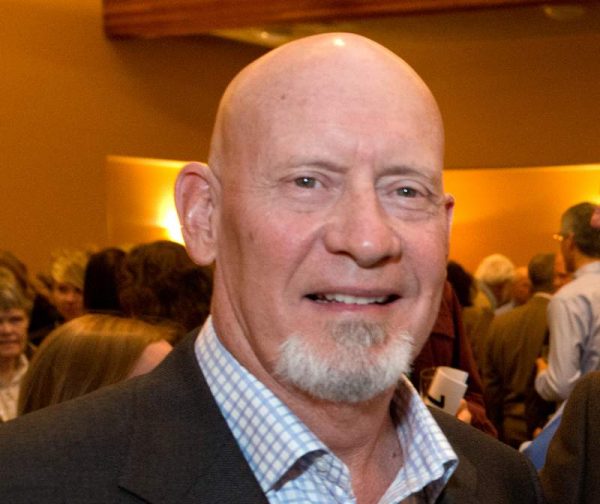
The complaint notes that Gallaher lives near Santa Rosa — he is rebuilding in the fire-scarred hills north of Rincon Valley — and that he “regularly does business” in the city, including development projects that could be subject to the natural gas ban.
The lawsuit did not name any affected projects involving his development companies, which include Gallaher Homes and Oakmont Senior Living. Oakmont Senior Living has submitted plans for Emerald Isle, an 80-unit condominium project in Fountaingrove, and Gallaher Homes currently is developing the Sendero Townhomes community near the intersection of Sebastopol and Stony Point roads, neither of which appear to be affected by the natural gas ban. Neither company has anything imminent coming down the pipeline in Santa Rosa, according to an official with Oakmont Senior Living.
Gallaher’s lawsuit alludes to the Kincade fire and echoes a complaint from Gallaher’s Windsor lawsuit: that Santa Rosa allegedly failed to analyze how limiting new homes to electric-only appliances could exacerbate the impacts of “prolonged electricity blackouts and wildfires which may have been caused by electrical infrastructure,” according to the suit, which also questions the sufficiency of the existing electrical grid.
“Given PG&E’s warnings about potential blackouts, the grid’s ability to handle this new demand is questionable at best,” the lawsuit says.
The city plans to “fully defend” its all-electric rule, said Sue Gallagher, the Santa Rosa city attorney, but it will listen to “any of the proposals presented” by the plaintiffs at a Feb. 3 settlement conference, which is required by the California Environmental Quality Act, the law cited in the developer’s suit.
Windsor Town Attorney Jose Sanchez said he could not share any updates on the case at this point, including whether there had been any definitive outcome of the town’s recent settlement conference.
An attorney for Gallaher, Matt Henderson, said he was “still unable to comment on the pending litigation” in an email Friday afternoon.
In adopting its ordinance declaring a climate emergency, Santa Rosa joins Cloverdale, Cotati, Healdsburg, Petaluma, Sebastopol, Windsor and Sonoma County.
The city’s resolution calls for Santa Rosa to reduce and offset emissions to bring its carbon footprint to a net zero by 2030. The city’s 2030 target is more aggressive than the agenda set for the state by former Gov. Jerry Brown, who in 2018 put California on course for carbon-neutrality by 2045.
The California Energy Commission has yet to affirm the all-electric policies of Santa Rosa and Windsor, both of which tried to provide required evidence of cost-effectiveness by relying on a commission-approved study funded by PG&E. California going all-electric could save PG&E money because the utility, which is working its way through bankruptcy proceedings, could avoid expanding its natural gas network, the study found.
The other lawsuit challenging Windsor’s natural gas ban is from a limited liability company that owns property near the town.
The Windsor-Jensen Land Company has proposed building more than 200 new homes on about 59 acres east of Windsor that would need to be annexed by the town. Its suit challenges the claim that the all-electric mandate will be cost effective.
Tom Micheletti, manging member of the Windsor- Jensen Land Company, confirmed in November that his company was not working with Gallaher.
“We had to file our own lawsuit because, while we have many interests in alignment with Mr. Gallaher as to the all-electric code, they are not necessarily completely in alignment,” Micheletti said in a November email.
You can reach Staff Writer Will Schmitt at 707-521-5207 or will.schmitt@pressdemocrat.com. On Twitter @wsreports.